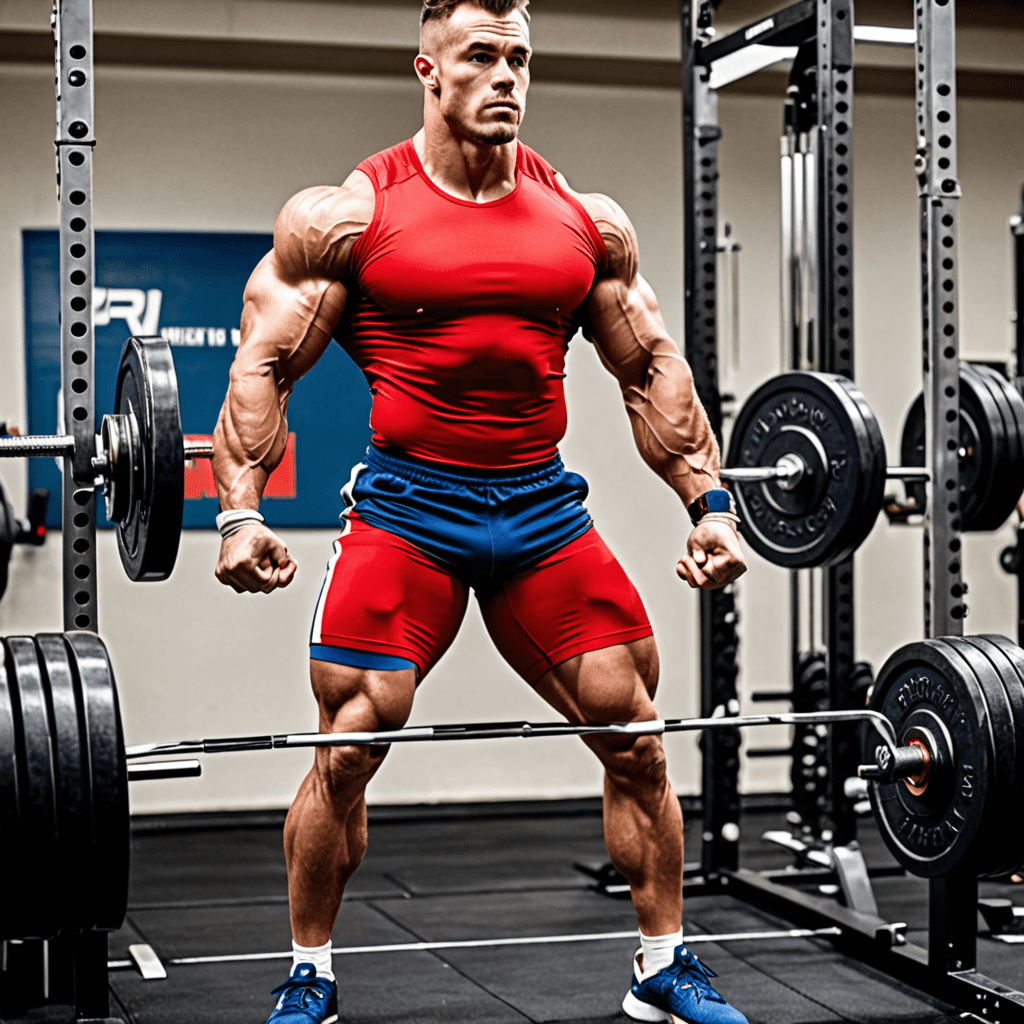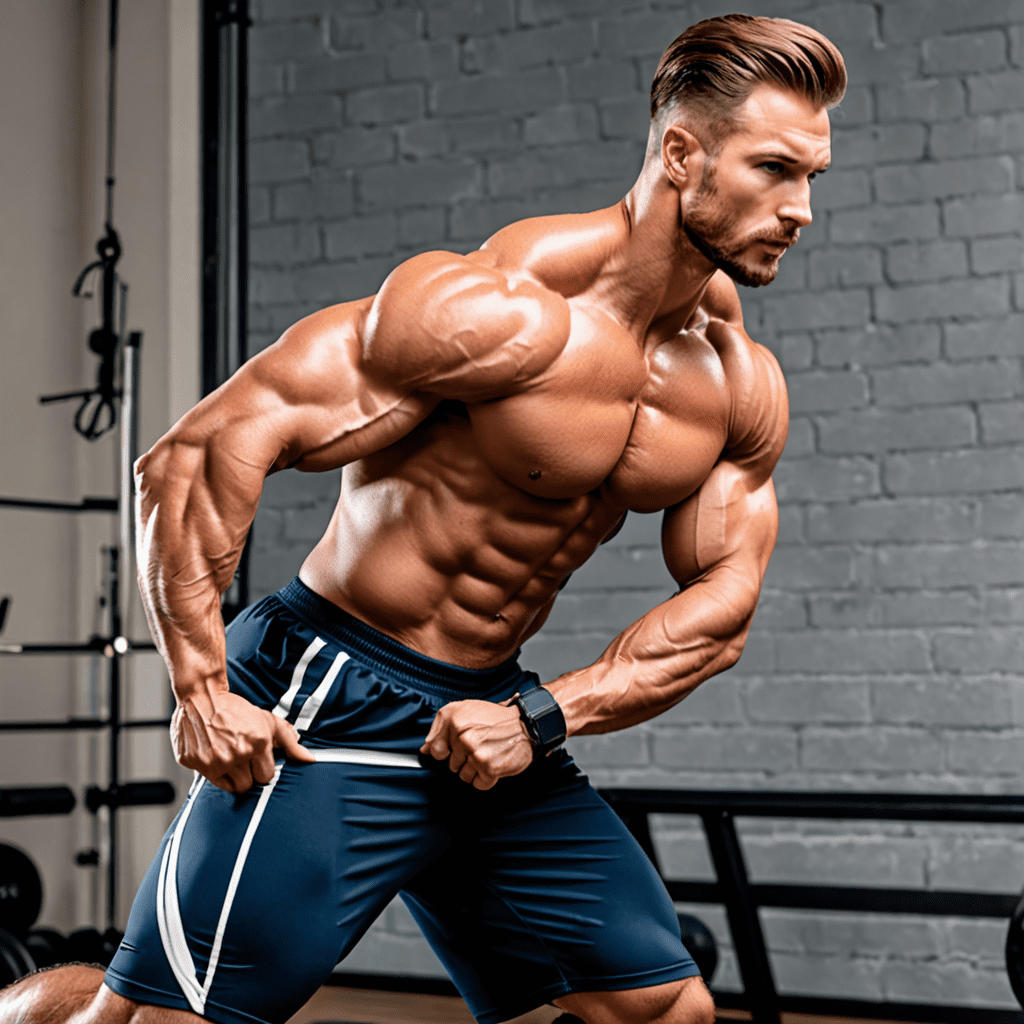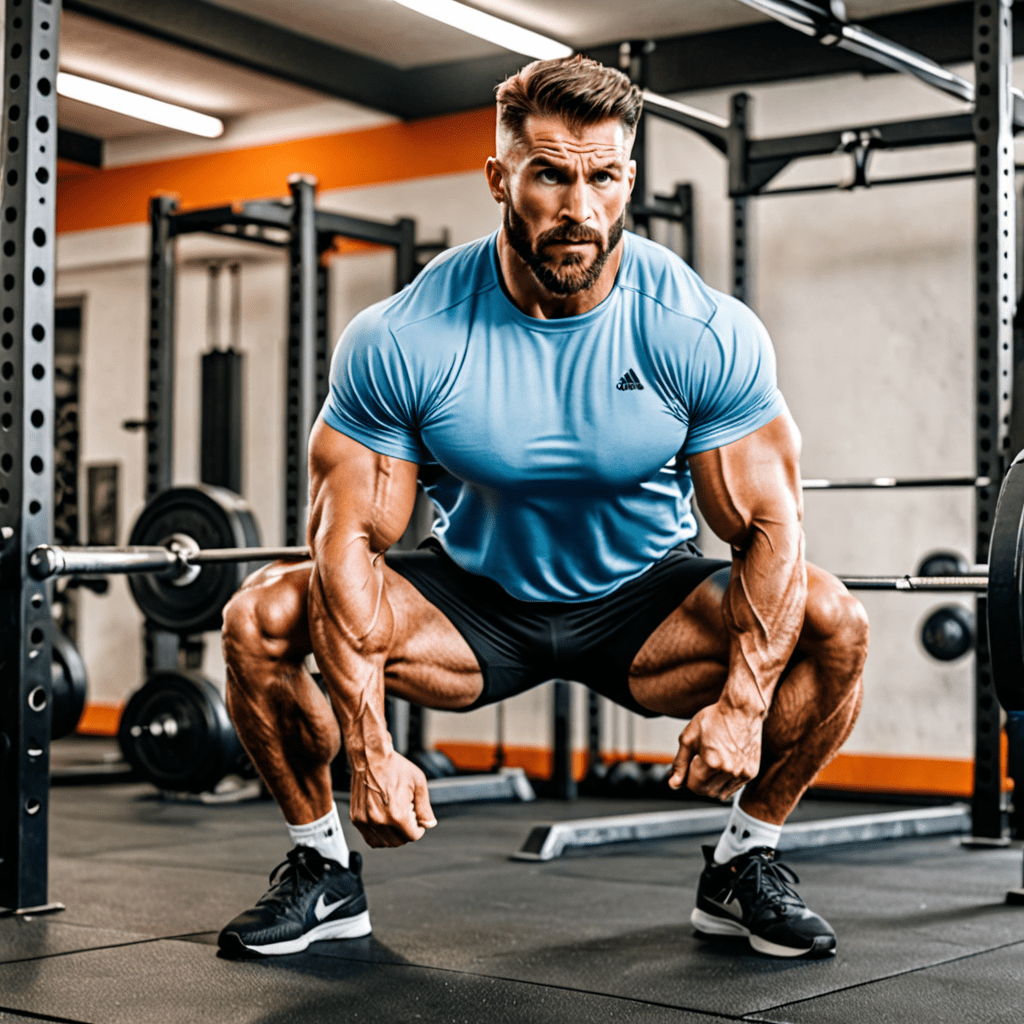
Nutritional Considerations for Powerlifting Athletes
Fueling Your Powerlifting Performance
Powerlifting is a demanding sport that requires optimal nutrition to support strength, muscle growth, and recovery. For powerlifting athletes, fueling the body correctly is essential to maximize performance in the gym and during competitions.
Macronutrient Ratios for Powerlifters
Proper macronutrient intake is crucial for powerlifters. A balanced diet with adequate protein, carbohydrates, and fats can support muscle building, energy levels, and overall performance. Powerlifters often benefit from a higher protein intake to support muscle repair and growth.
Hydration for Optimal Performance
Staying hydrated is key for powerlifters to maintain performance levels during intense training sessions. Adequate hydration supports muscle function, joint lubrication, and overall endurance. Powerlifters should aim to drink water consistently throughout the day and especially around training sessions.
Pre-Workout and Post-Workout Nutrition
Pre-workout nutrition can provide the energy needed for intense training sessions. Powerlifters may benefit from a meal or snack containing carbohydrates and a moderate amount of protein before workouts. Post-workout nutrition is crucial for recovery, with a focus on protein intake to support muscle repair and glycogen replenishment.
Supplements for Powerlifting
While whole foods should be prioritized, supplements can complement a powerlifter’s nutrition plan. Creatine, protein powder, and branched-chain amino acids (BCAAs) are commonly used by powerlifting athletes to support muscle growth, strength, and recovery.
Meal Timing and Frequency
Powerlifters should aim to spread their meals evenly throughout the day to support energy levels and muscle recovery. Eating balanced meals and snacks every 3-4 hours can help maintain stable blood sugar levels and prevent energy dips during training sessions.
Consulting with a Nutrition Professional
Every powerlifting athlete is unique, and individual nutritional needs can vary based on training intensity, body composition goals, and personal preferences. Consulting with a registered dietitian or nutritionist who specializes in sports nutrition can help powerlifters create personalized meal plans to optimize their performance and recovery.
FAQs about Nutritional Considerations for Powerlifting Athletes
What are the key nutritional considerations for powerlifting athletes?
Powerlifting athletes should focus on consuming adequate calories to support muscle growth and recovery. They also need to prioritize protein intake for muscle repair, carbohydrates for energy, and healthy fats for overall performance.
How important is hydration for powerlifting athletes?
Hydration is crucial for powerlifting athletes as dehydration can lead to decreased performance and muscle cramping. It is recommended to drink plenty of water before, during, and after training sessions.
Should powerlifting athletes use supplements for better performance?
While a well-rounded diet should be the primary source of nutrients, some powerlifting athletes may benefit from supplements like protein powders, creatine, and branched-chain amino acids to support their training and recovery.
Is it necessary for powerlifting athletes to track their macronutrient intake?
Tracking macronutrient intake can be beneficial for powerlifting athletes to ensure they are consuming enough protein, carbs, and fats to support their training goals. It can help optimize performance and recovery.
How can powerlifting athletes optimize their nutrition around competition time?
Leading up to a competition, powerlifting athletes may want to focus on tapering their training, increasing carb intake for energy, and ensuring proper hydration. It’s essential to stick to familiar


